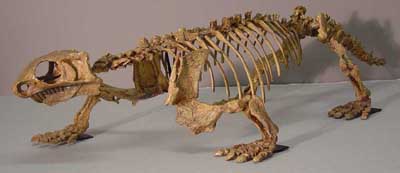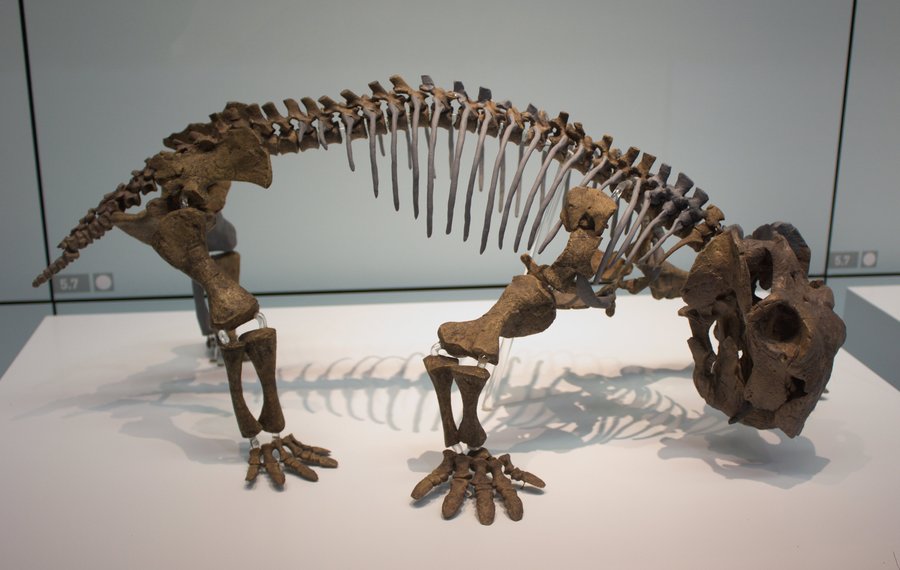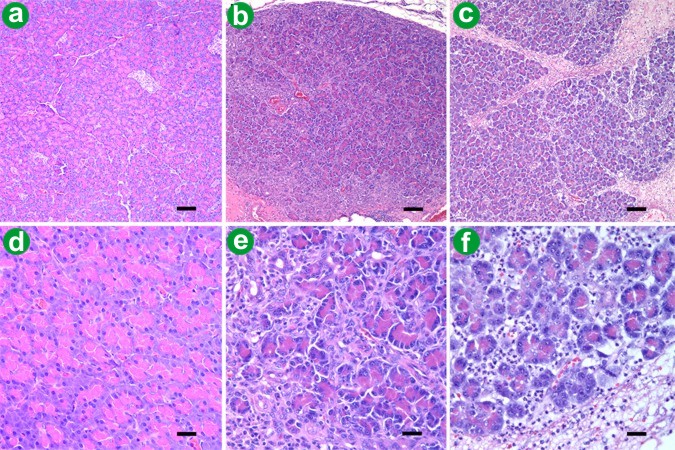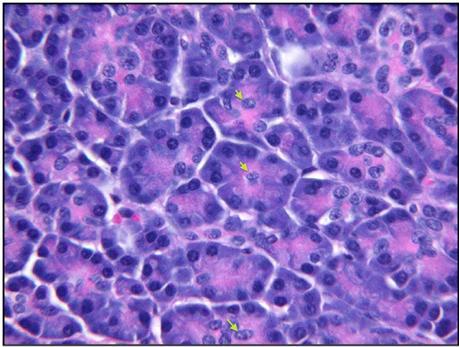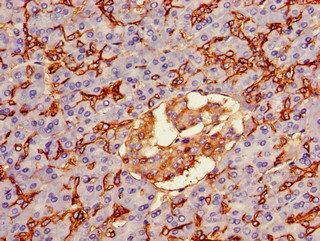Not really. It's what is utilized chemically to determine what proteins and RNA the cell produces, and it makes perfect sense that the DNA that would be best at persisting would be that which instigates the production of molecules that improve replication and structural integrity. It'd be much more perplexing if DNA didn't do that.
-_- earliest eukaryotes had them? Quite possibly, but that's not confirmed by any means, seeing as we can't get DNA from fossils that old. Perhaps these early eukaryotes had fewer of them, who knows?
This source is too old to be used as a reliable reference. As a general rule, it is best not to use sources older than 5 years when it comes to the sciences, and I would pressure people to use ones as recent as humanly possible when it comes to the subject of genetics specifically, due to how much progress occurs within that field even in just a single year. It's well known now that mutation rates vary significantly between different species. For example, if this number was based on humans, it would err high for the majority of species, as humans have notably high mutation rates.
Furthermore, I don't think you quite understand how difficult it would be to detect the mutations that the cell fixes before DNA replication is completed, seeing as the first corrective molecules follow right behind the replicating strand. Especially in 2004.
Almost nil? In humans, it can be as bad as 1 mistake per 100 nucleotides that doesn't get fixed in the most mutation prone regions of our DNA. That's ridiculously high, especially considering how much better at it bacteria are (as low as 1 mistake per 1 billion nucleotides getting through despite the repair mechanisms). Seeing as bacteria generally have much shorter DNA than 1 billion bases, that means multiple generations can occur without mutations at all. Heck, if it weren't for how fast bacteria replicate and their large numbers, they would be terrible for evolutionary observation.
-_- in bacteria, perhaps. This doesn't apply to eukaryotes, which generally have much higher mutation rates. Furthermore, single base pair mutations are actually some of the easiest for the repair mechanisms to notice, since it causes a physical irregularity in the DNA structure that prevents a spot from chemically hooking together... assuming that only a single base on one of the strands is affected.
Mostly neutral, given that the mutations can hit places on the DNA that have no function and most codons are redundant. Plus, a few of the amino acids different codons signal have similar chemical properties to each other to such an extent that there's no measurable difference in the resulting protein product function despite a change in amino acid. Detrimental ones can range from measurably reducing function efficiency a little to producing protein products so useless that the cell dies early. That's quite the range, isn't it? When people talk about detrimental mutations, they often mistakenly only point out examples like cancers or other conditions resulting in cellular death or physical agony, neglecting much more minor detriments that are more common.
People also neglect to mention that our DNA has redundancy in the genes. Yes, the same gene can be present multiple times. Thus, even if one copy of the gene has been rendered useless thanks to mutation, the other copies can pick up the slack.
You are also talking in terms of just 1 cell. Our bodies have trillions of them. Plenty die every day from age and mutation, and our bodies keep up with that until around the age of 25. This is part of why we grow old and die.
About 5% of mutations are measurably benign. Although, only the ones which occur in gametes are relevant to evolution. You aren't going to pass down any mutations that occur in one of your skin cells to the next generation no matter if it is benign, detrimental, or neutral.
Which fails so much in humans that the miscarriage rate among people that know they are pregnant is 10-20%, and is even higher at the zygote stage at between 30-50%. The worst of the worst mutations are weeded out early on. Consider a condition no one wants to be diagnosed with: Huntington's disease. Now, this condition is non-symptomatic during the time in a person's life in which they are most likely to have children (historically, as until modern times most people would have kids before turning 30, though this is the low end of the typical range of symptoms beginning to appear). Is it heavily detrimental and deadly? Absolutely. Does it reduce reproductive success? Nope. As long as a detrimental mutation doesn't result in death prior to the reproductive years or reduce fertility or reproductive chances, natural selection isn't going to weed it out at all, and those people are free to also pass down any benign and neutral mutations they have or have occurred in their gametes.
Now, the mutations for Huntington's are dominant genes, but a lot of the most common genes which cause genetic disease are recessive. This is especially true for those that cause death in childhood, such as Tay-Sachs. That is, a recessive detrimental mutation can persist and not interfere with life at all as long as you aren't homozygous for it and also have the normal gene present in your DNA. As Tay-Sachs kills so young, no couple having children can be true breeding for it. That is, at worst, only about 1 out of 4 of their children will have this condition. Thus, as long as the benign mutations they have outweigh the reduction in reproductive success, this will persist.
Then there are conditions such as sickle cell anemia, which are a mixed bag rather than being outright detrimental. If a person is homozygous for the gene, they do suffer disease affects and may die before reproductive age, but plenty do survive even without medical intervention long enough to have children. People heterozygous for the gene rarely have symptoms, though they do have some sickle cells. However, both homozygous and heterozygous people have a resistance to malaria due to the sickle cells. Since malaria is a much more deadly than sickle cell anemia, in areas in which malaria is a huge problem, this mutation is benign. In places with proper medical treatment and areas where malaria isn't present, it's detrimental. Many mutations you can see that create variation in people are like that: dark skin prevents damage in sunny, hot places, but doesn't allow for high enough vitamin D production in cold areas where one has to cover up most of their skin and go through periods of reduced sunlight. The genes that helped some people resist the Bubonic Plague in the 1300s are also responsible for somewhat weaker immune systems overall. Since most traits in general aren't universally benign or detrimental, which category a mutation falls under can be entirely situational depending on what organism experiences it and what environment it lives in. Yes, even genes which help aid the integrity of DNA itself could prove to be not worth the resources they utilize and thus be more detrimental than benign.
-_- what does it even mean for DNA to fulfill its "purpose so predictably"? It took decades of research and observation to figure out how DNA works and apply any degree of predictability to it. Furthermore, there is plenty we still do not understand, conditions we are unsure are mostly genetic or mostly due to the environment. By their very nature, predictive models for multifactoral traits affected by many genes are currently impossible to make just because of how complex the inheritance pattern is and the number of different alleles that have to be accounted for.
Furthermore, while mutations are mostly random, the other factors that influence inheritance and DNA are not. Natural selection is determined by the environment an organism lives in, for example. DNA isn't, nor ever has been, the product of purely random events. However, this doesn't mean the non-random events were guided by some intelligent mind.
-_- nucleic acids can form in nature, and they appear as chains of RNA in the protocells that appeared during abiogenesis experiments. No shock that RNA and not DNA would be the first genetic material in cells; it does most of the legwork in modern ones. In fact, DNA has to be transcribed to RNA before it can produce proteins. That doesn't sound like a system optimized for DNA, does it?
Also, I find it interesting that you didn't mention one of the last lines of defense against mutation: apoptosis. You know, where the mutation in DNA is too significant for any of the repair mechanisms to fix it, so the cell kills itself. Cells can also enter an irreversible dormancy if their DNA is too severely damaged.
You also don't mention that inevitably, cells will be unable to continue to replicate their DNA and divide... except for cancer cells. Yes, cells in which all repair mechanisms for DNA and even the back up of cell mediated death can divide indefinitely as long as there are resources around them that allow for it. Cells don't need these repair mechanisms to actually survive and reproduce, they're just better off with them so they don't divide out of control and deplete the surrounding resources to the point that the whole colony eventually dies off from starvation or being crushed by each other if the area they are dividing in is small (like bacteria on a Petri dish).
What persists in a population is not the organism with the fewest mutations, but the one which manages to make what it has work. What survives and reproduces successfully persists, no more, no less. This is why there are so many physical flaws in living things which persist; they simply weren't detrimental enough NOT to persist.
